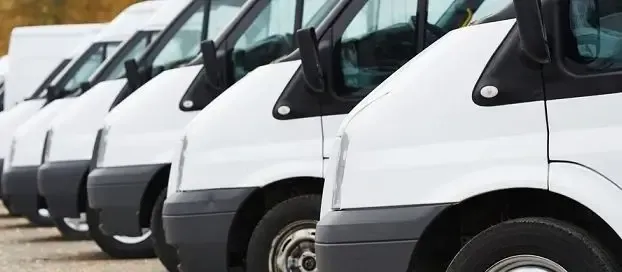
Digital tax reporting is becoming the new normal. The UK government’s Making Tax Digital (MTD) initiative has already transformed VAT reporting, and further rollouts are on the horizon for income tax and corporation tax.
If you’re a business owner or fleet manager, now’s the time to get familiar with what’s coming, and prepare your operations so the transition is smooth.
What is Making Tax Digital?
Making Tax Digital is HMRC’s long-term plan to digitise the UK’s tax system. It’s being introduced in phases, with VAT reporting already live for most VAT-registered businesses.
Key points:
- VAT: All VAT-registered businesses must now keep digital records and submit returns through MTD-compliant software.
- Income Tax Self Assessment (ITSA): For self-employed individuals and landlords earning over £50,000, MTD for ITSA will apply from April 2026 (from 2027 for those earning £30,000+).
- Corporation Tax: No fixed date yet, but HMRC has confirmed plans to introduce MTD for corporation tax in the future.
If your business hasn’t been affected yet, it will be. Getting prepared early is the best way to avoid last-minute disruption.
What this means for small business owners
Even if you already file your taxes online, that doesn’t mean you’re MTD-ready.
The key difference with MTD is that businesses must:
- Maintain digital records of income and expenses
- Submit tax returns directly from those records using approved software
- Submit updates quarterly, not just annually.
Common challenges businesses face
Some of the biggest sticking points for small businesses tend to include:
- Disorganised records: Especially for expenses like fuel, where receipts go missing or data is scattered across cards, cash, and personal payments.
- Manual entry errors: Typing data into spreadsheets or accounting software increases the chance of mistakes, and HMRC may penalise inaccurate returns.
- Lack of integration: Many small business tools (or older accounting software) don’t yet support MTD submissions.
- Last-minute pressure: Leaving updates until the quarterly deadline adds unnecessary stress and room for error.
The earlier you identify gaps in your current systems, the easier it is to upgrade.
Tools and habits to review now
Here are some practical ways to get MTD-ready, without overhauling your entire operation:
1. Use MTD-compatible accounting software
Popular options include Xero, QuickBooks, FreeAgent and Sage. These tools are designed to record income and expenses digitally and submit tax updates directly to HMRC.
If you’re still using spreadsheets or manual logs, now’s a good time to explore switching.
2. Digitise your expense tracking
Make sure all receipts and payments are captured in one system, ideally in real-time. Use scanning apps or bank feeds to import transactions automatically.
For recurring costs like travel, vehicle use, or client meetings, create standard expense categories to make your reporting consistent.
3. Get clarity on mileage and vehicle expenses
If your business uses vehicles, these expenses are often high-volume and high-value. That makes them important, but also prone to errors.
Keep mileage logs, service records, and refuelling data accurate and digital. If drivers are submitting receipts or reimbursements, consider switching to a cleaner system like business fuel cards to simplify your records and reduce the chance of missing VAT claims.
4. Set a monthly check-in rhythm
Waiting until the quarterly deadline to sort through expenses can be overwhelming.
Instead, build in short monthly review sessions to:
- Reconcile transactions
- Chase missing documents
- Spot anomalies early
- Share feedback with team members
It’s easier to fix issues in small chunks than all at once under pressure.
Benefits beyond tax compliance
While preparing for MTD might feel like a burden at first, many businesses find the process improves their finances in other ways too.
Going digital gives you:
- Better cash flow visibility
- Real-time insight into spend patterns
- Easier VAT reclaims
- More confidence in your year-round numbers
- Less stress at tax time
It’s about building a system that works for you, not just for HMRC.
Start now, stay ahead
If you’re not currently affected by Making Tax Digital, you soon will be. And the businesses that benefit most from the transition will be the ones who take proactive steps now.
Review your current record-keeping, update your tools where needed, and look for ways to digitise the parts of your business that still rely on paper trails or manual input.
This might include how you manage travel and fuel spend, how your team submits expenses, or how your accountant accesses your reports.
Many of the tools that prepare you for MTD will also make your business run smoother, faster, and more cost-effectively in the long run.


